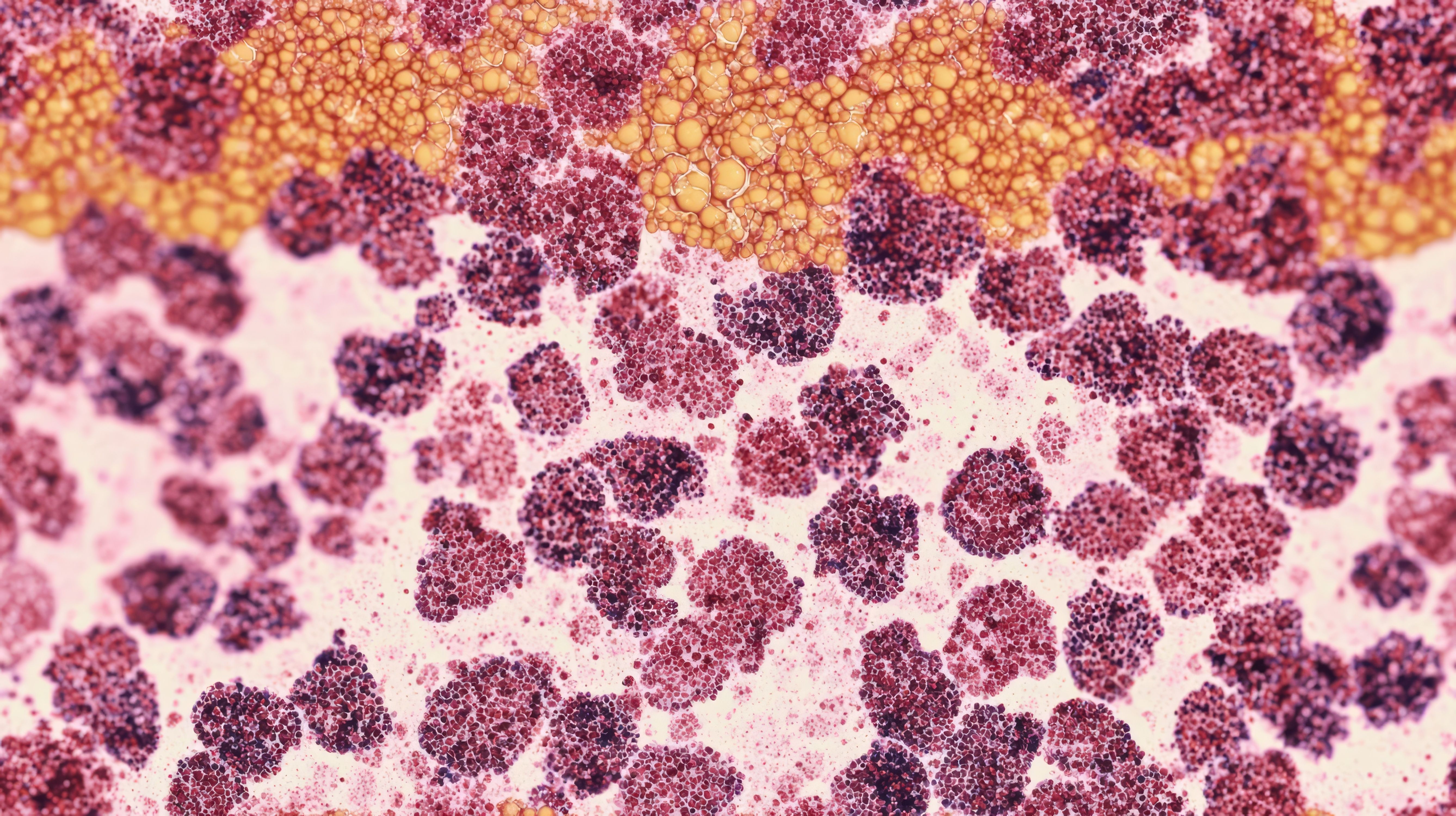Article
New CAR T-Cell Therapy Extends Remission in Patients With Relapsed Multiple Myeloma
Author(s):
Bristol Myers Squibb and bluebird bio are seeking FDA approval for ide-cel as a standard therapy for relapsed myeloma, with a decision expected by the end of March.
A new type of chimeric antigen receptor (CAR) T-cell therapy more than tripled the expected length of remission for patients with multiple myeloma who have relapsed several times, according to a study published in the New England Journal of Medicine.
The results were significantly better than those seen with other therapies available to this patient population and patients who have already received the 3 main classes of treatment, the study noted. Nearly 75% of the patients had at least a partial response to the therapy, whereas about one-third achieved complete remission.
Multiple myeloma, a cancer of plasma cells, is the second most common type of blood cancer. The attack on bone marrow puts patients at risk of life-threatening infections and is diagnosed in more than 32,000 people annually, with African Americans twice as likely as the general population to be diagnosed with the disease. The study findings are from an international clinical trial with the University of Texas Southwestern as the lead enrolling site.
The median time without the disease worsening was 8.8 months with the new treatment approach, but patients who received the trial’s maximum dose of engineered T cells experienced longer remissions, increasing the average to more than 12 months. Previously, the study authors said similar patients treated with currently available therapies following multiple relapses have only had an average of 3 to 4 months of remission before their disease returned.
“We have patients that are over 2 years out from their single infusion of CAR T cells and still in remission despite having no other treatment options when they were enrolled in this trial,” said co-first author Larry Anderson Jr, MD, PhD, in a press release. “The results mark a true breakthrough with unprecedented depth and duration of remissions from what we hope will be the first cellular therapy option to become available for myeloma patients.”
There are currently 3 main classes of treatment available for multiple myeloma: proteasome inhibitors, immunomodulators, and antibody treatments. Among the therapies approved by the FDA over the past 10 years, most offer only a few months of remission for patients with multiple myeloma. Furthermore, most treatments induce responses in only a third of patients, and complete remissions are rare.
The phase 2 trial involved 128 patients who had previously received regimens from the 3 main classes of treatment. They received a median of 6 previous antimyeloma regimens and 120 had undergone stem cell transplantation. The participants had their T cells engineered to target the B-cell maturation antigen (BCMA) molecule, which is only found in plasma cells and myeloma cells. This new approach is called idecabtagene vicleucel, or ide-cel.
The infusion of the engineered T cells started a 2-week hospitalization period, during which time physicians watched for possible adverse effects such as anemia, neutropenia, and thrombocytopenia. Although low blood counts were common, they were manageable, and other severe side effects were uncommon.
“One of the nice things we saw in this study was that the rates of severe CAR T-cell-related toxicities—called neurotoxicity and cytokine release syndrome—were very low in multiple myeloma compared to what we have seen with lymphoma CAR T-cell infusions,” Anderson said in the press release. “The majority of people had some side effects, but most were low level and manageable, and I would say this therapy is often much better tolerated than a stem cell transplant, which most of these patients had already gone through.”
CAR T-cell therapy is currently approved for use only in lymphoma and leukemia, although several treatments for myeloma are in clinical trials. Ide-cel is the first to complete and publish data from an FDA registration trial and based on these results, Bristol Myers Squibb and bluebird bio are seeking FDA approval as a standard therapy for relapsed myeloma with a decision expected by the end of March.
REFERENCE
New CAR T-cell therapy extends remission in heavily relapsed multiple myeloma patients [news release]. UT Southwestern; March 8, 2021. https://www.utsouthwestern.edu/newsroom/articles/year-2021/new-car-t-cell-therapy.html. Accessed March 9, 2021.
Newsletter
Stay informed on drug updates, treatment guidelines, and pharmacy practice trends—subscribe to Pharmacy Times for weekly clinical insights.





